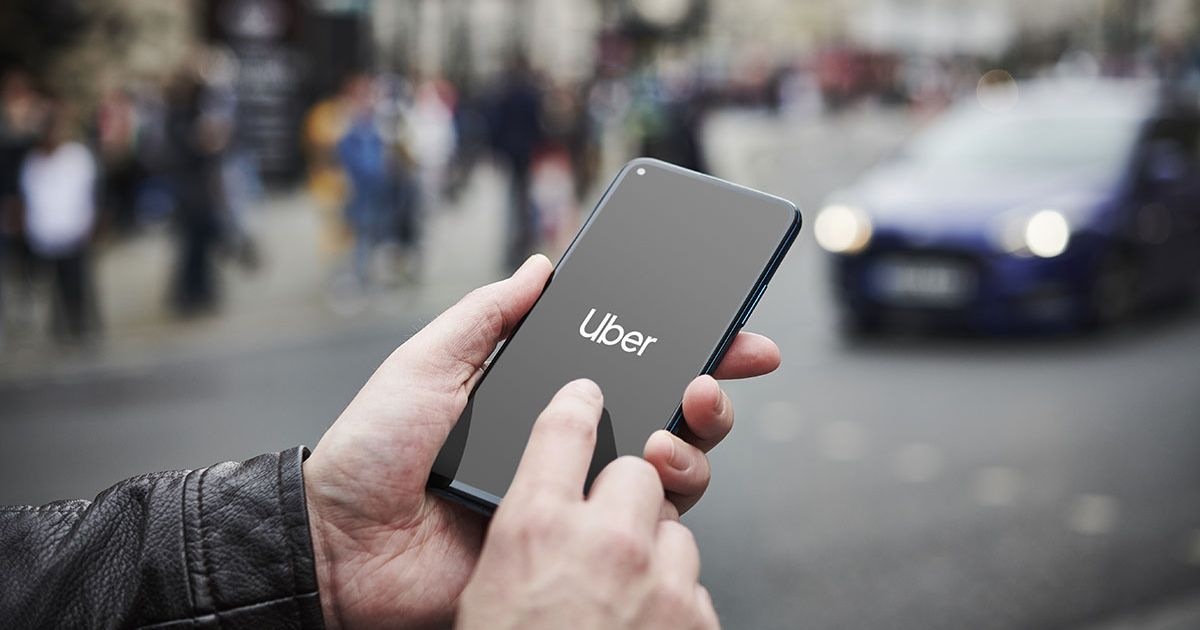
Uber has lost its appeal at the UK Supreme Court, which ruled that Uber drivers should be classed as workers and not as self-employed.
The ruling could have significant implications on the wider gig economy and its business model, and even on UK employment law. Uber drivers won the right to minimum wage, holiday pay, and protection from discrimination in the ruling.
The company had appealed to the Supreme Court after losing three previous court cases, arguing that its drivers were independent contractors. Uber has 65,000 active drivers operating in the UK.
The Supreme Court’s seven judges unanimously rejected the ride-hailing app’s appeal, and strongly criticised Uber’s driver contracts and the lack of basic rights afforded to its drivers.
The decision also ruled that drivers’ working time would not be limited to passenger rides, but whenever drivers were logged into the app.
Uber was strategically specific in its press comments, saying, “We respect the Court’s decision which focussed on a small number of drivers who used the Uber app in 2016.” Whether the company will apply this ruling to all 65,000 of its workers remains to be seen, but it does indeed set a precedent.
In 2016, Uber drivers James Farrar and Yaseen Aslam won an employment tribunal against the ridesharing company, which ruled that drivers had the right to be classed as workers, not self-employed. Uber says it has made changes following that result, though it has appealed the ruling twice since then.
“Since then we have made some significant changes to our business, guided by drivers every step of the way,” says Jamie Heywood, Uber’s regional general manager for Northern and Eastern Europe, in a statement emailed to Mashable. “These include giving even more control over how they earn and providing new protections like free insurance in case of sickness or injury. We are committed to doing more and will now consult with every active driver across the UK to understand the changes they want to see.”
Aslam, co-lead claimant and App Drivers and Couriers Union president said he was overjoyed and greatly relieved by the decision “which will bring relief to so many workers in the gig economy who so desperately need it.”
The outcome is a direct contrast to a recent result in the U.S., with the majority of Californians voting in favor of the Uber and Lyft-backed Proposition 22, which continues to classify drivers in the state as independent contractors instead of employees.
